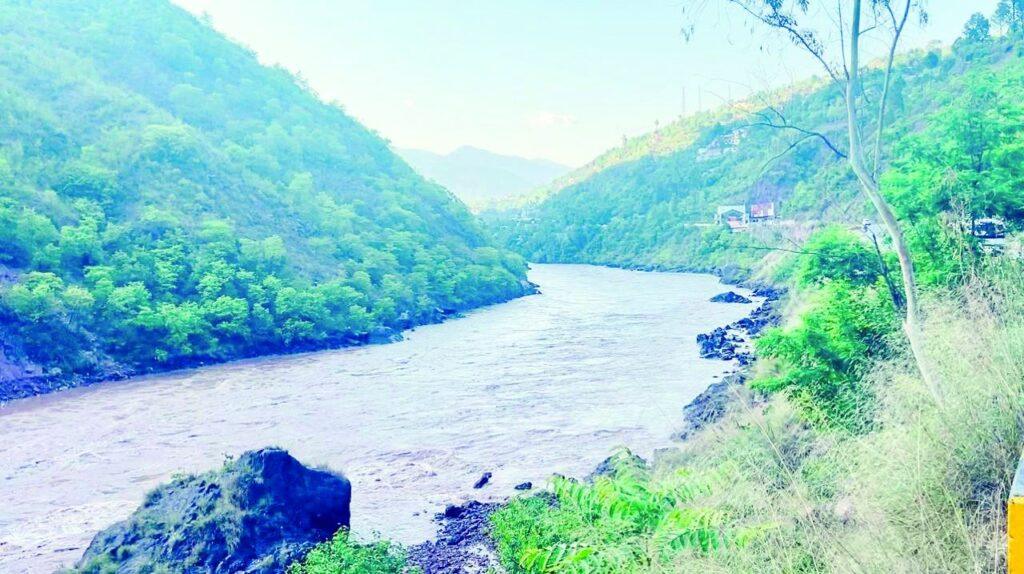Islamabad:
India’s efforts to strangle river water flow to Pakistan appear to have failed as the total inflow of the country’s largest rivers rose over 236,000 CUSSCS, according to data collected on Saturday.
The latest figures reveal that the cumulative influx of rivers over Pakistan has reached 236,000 CuseCs, where River Chenab at the head Marala alone received 66,000 CUSSCS.
At the shortage, the influx of the River Jhelum was registered at 50,000 CUSERCS. The river Indus in Tarbela saw an influx of 83,000 CUSERCS, while the Kabul River at Nowshera recorded a influx of 36,000 CUSSCS.
Currently, the total useful water storage in Pakistan’s largest reservoirs is 1,979 million acre feet.
In addition, about 2,000 CuseC’s water flows into the Arabian Sea.
The latest water situation paints a picture of abundance despite New Delhi’s recent threats and hostile rhetoric around the Indus Waters Treaty.
According to Wapda, the influx of Tarbela was 83,400 CUSSCS with an outflow of 55,000 CUSSCS.
At the shortage, the inflow was recorded at 50,100 CUSSCS, while the outflow was 32,000 CUSSCS. In the case of the river Chenab at the main Marala, the influx was noted at 40,900 CUSSCS and the outflow at 26,700 CUSSCS.
The River Kabul in Nowshera recorded both an influx and outflow of 36,700 CUSSCS. In Chashma barrier, the inflow was logged to 101,700 CUSERCS and outflows to 78,000 CUSSCS.
As for reservoir levels, the water level in Tarbela on May 3 was 1,435.66 feet with a storage capacity of 658,000 acre feet. At the shortage, the water level stood at 1,134.80 feet, with the reservoir with 1,164 million acre feet.
The Chashma reservoir recorded a water level of 645.50 feet with 157,000 acre feet stored water.
Combined, the three reservoirs – Tarbela, Mangla and Chashma – held 1,979 million acre feet with usable water.
A WAPDA spokesman clarified that the inflow and outflow figures for Tarbela, Chashma, Mangla and Nowshera reflect 24-hour average flow speeds, while data from other stations were recorded at 1 p.m. 06.00 this morning.
Meanwhile, the Indus River System Authority (IRSA) released on Saturday 190,200 CUSCS WATER FROM DIFFERENT EDGES STATIONS WITH A EXAMINATION OF 236,700 CUSSCS.



